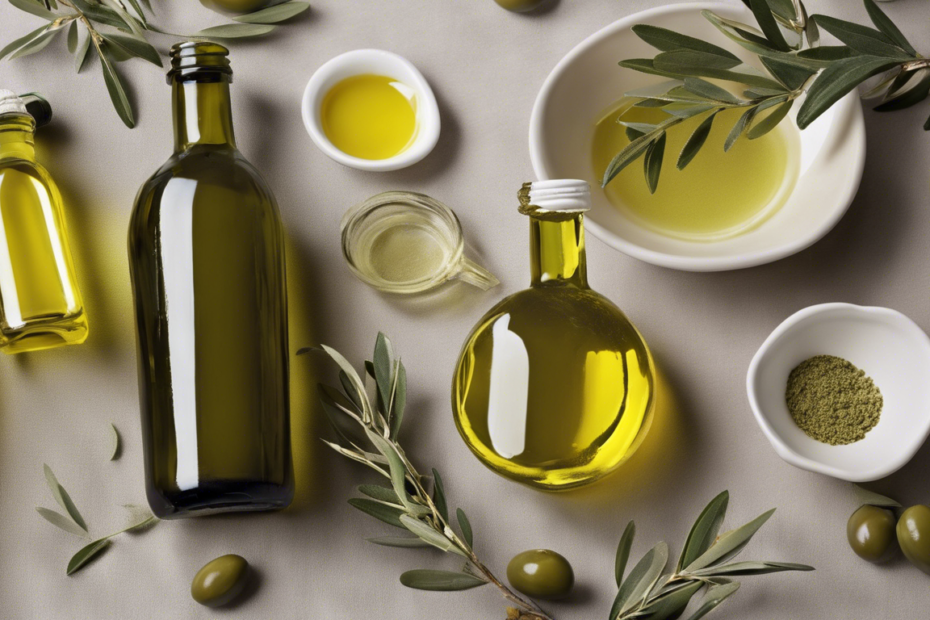Olive oil is more than just a kitchen staple; it’s a powerhouse of nutrition and flavor that can transform your cooking and your health.
In this article, we’ll dive into the secrets of olive oil nutrition, exploring its unique composition, the numerous health benefits it offers, and some practical tips on how to incorporate it into your daily meals.
Whether you’re a seasoned chef or a casual cook, understanding the role of olive oil in your diet can lead to delicious and healthful eating.
Practical Uses and Tips for Incorporating Olive Oil into Your Diet
Olive oil nutrition is not just about being a cooking ingredient; it’s a powerhouse that can easily elevate your meals and your health.
One of the simplest ways to incorporate it into your diet is by drizzling it over freshly grilled vegetables or adding a splash to your favorite salads for an instant flavor boost.
Cooking with olive oil is also a great option—just remember to opt for extra virgin for the most nutrients and anti-inflammatory benefits!
Try using it as a base for homemade salad dressings; whisk together olive oil, balsamic vinegar, a little mustard, and honey for a deliciously tangy dressing that your greens will thank you for.
You can even replace butter with olive oil in baking recipes—just use a 3:4 ratio for a slightly healthier twist on your favorite baked goods.
Plus, a spoonful of olive oil in your morning smoothie can be an easy way to enhance your omega-3 intake.
So go ahead, get creative with olive oil; your taste buds and body will reap the rewards!
Frequently Asked Questions
What are the different types of olive oil?
The main types of olive oil are extra virgin olive oil, virgin olive oil, pure olive oil, and light olive oil.
Extra virgin is the highest quality, made from cold-pressed olives without chemical treatment.
What health benefits can I expect from adding olive oil to my diet?
Olive oil is rich in monounsaturated fats which can improve heart health, reduce inflammation, and provide antioxidants that protect your body against various diseases.
How can I incorporate olive oil into my daily meals?
You can use olive oil for salad dressings, drizzling over vegetables, cooking or sautéing, and even in baking as a substitute for butter.
Is olive oil suitable for high-heat cooking?
While extra virgin olive oil has a lower smoke point than some oils, it is still suitable for medium heat cooking.
For high-heat methods, refined olive oils or other oils like avocado oil might be better.
Are there any downsides to using olive oil?
Although olive oil has many benefits, it is calorie-dense, so moderation is key.
Additionally, make sure to choose high-quality, authentic olive oil to reap its full benefits.
